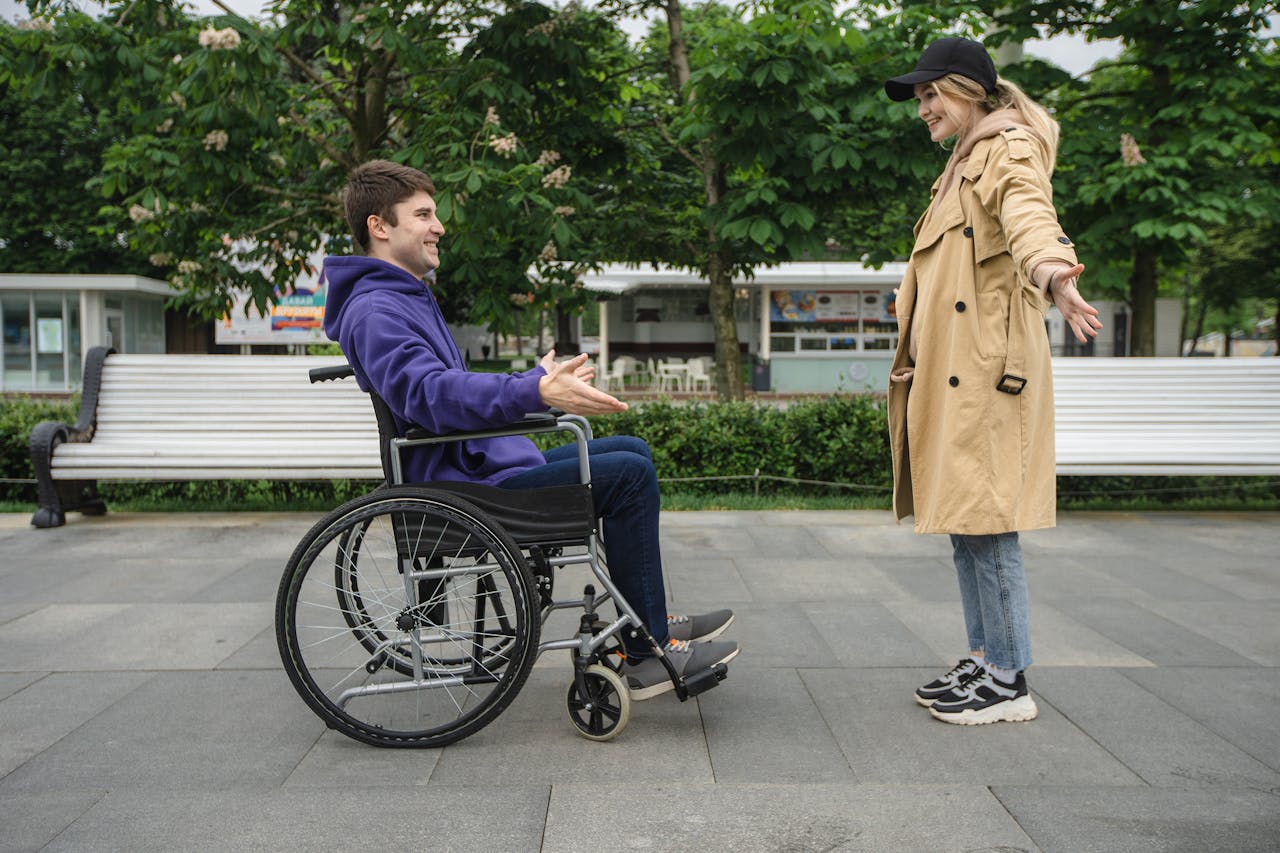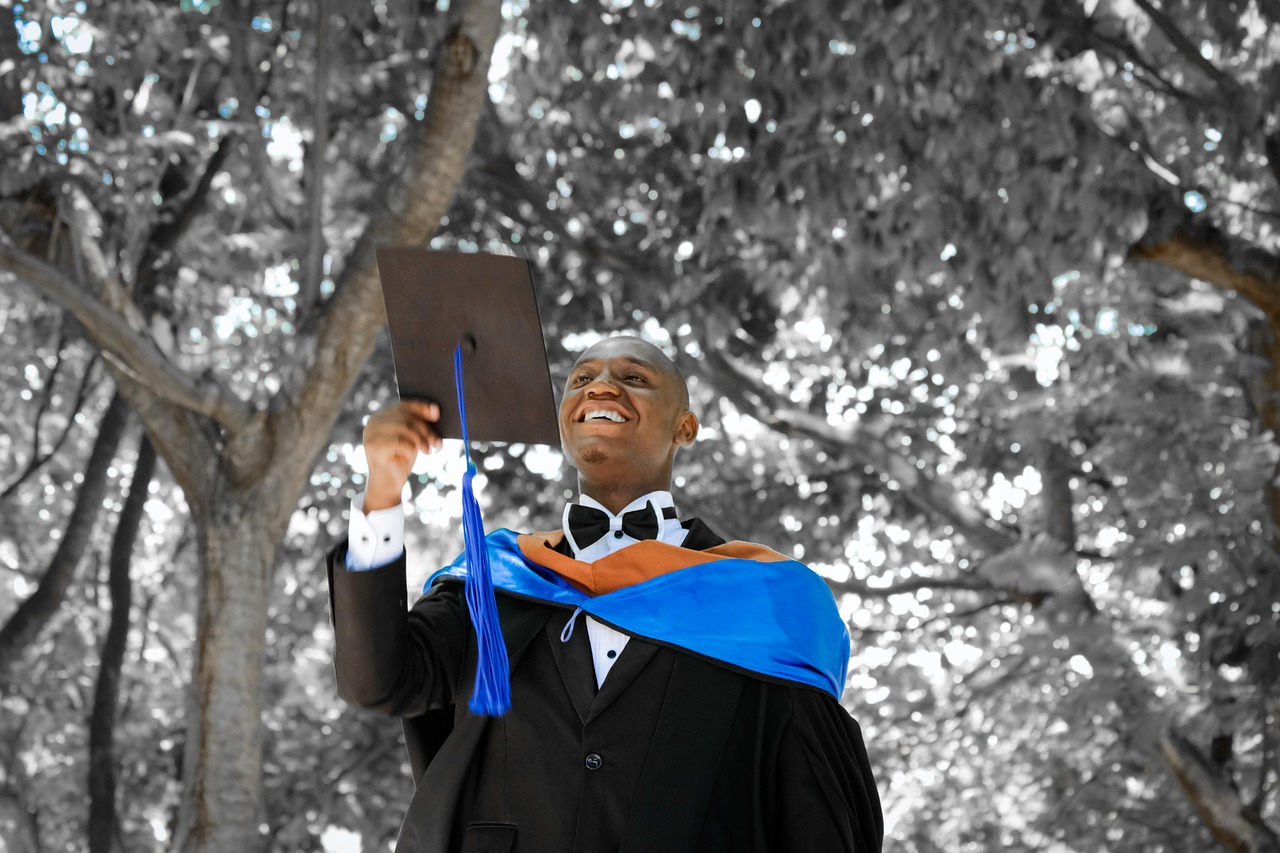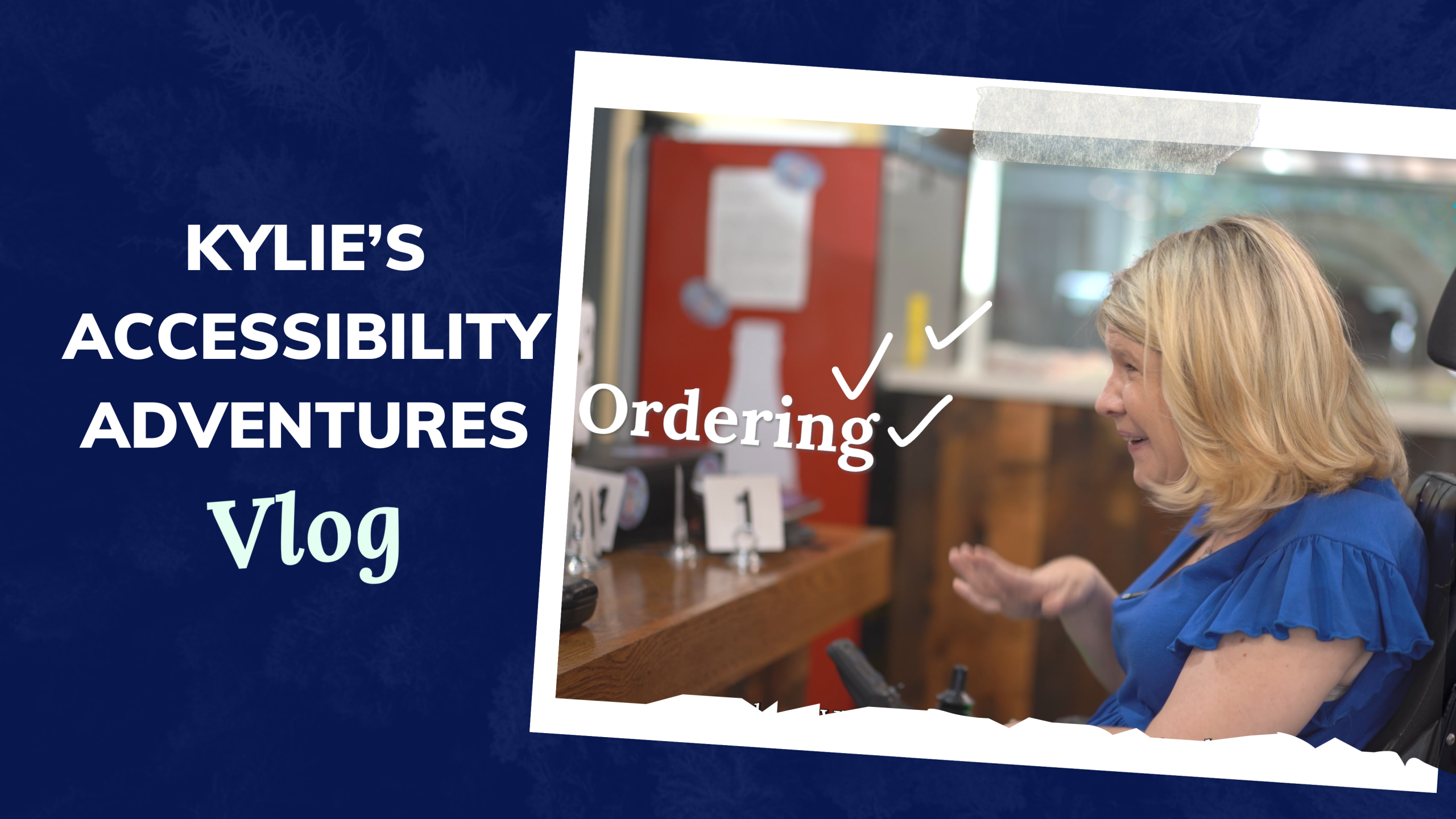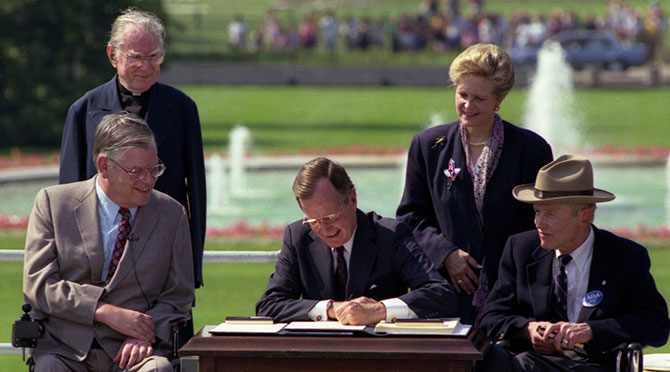It’s never been easier to meet people, yet it’s never been harder to build authentic connections. Dating is not easy, and it is even more challenging for those of us living with disabilities. I am in my mid-thirties and have only dated one person my entire life. Honestly, I feel a little underqualified to write about this topic; however, I am up to the challenge. I know that I am not alone, and many of you may have similar experiences.
I believe most people strongly desire to connect and build relationships with others. Having relationships is a key factor in living a full and meaningful life. I already covered one aspect — networking — in a previous blog post.
While many different types of relationships exist, in this post, I will focus on friendships and dating. Having a close circle of friends can enrich your life and help you build a strong support system. Most people desire to date and build a lasting relationship, but that can be more difficult if you have a disability. Relationships make our lives more enjoyable, and the people we meet can have a significant impact on us. So, where do we begin?
Building and Maintaining Friendships
Let’s begin with friendships. Having meaningful friendships can change your life in many ways. A good friendship starts with finding others with whom you share things in common. You can meet people in several places, such as work, church, volunteer organizations, sports teams, book clubs, and different meetup groups. Even though it can be intimidating, try putting yourself out there to find quality friendships. When meeting people, engage them in conversations and ask questions to get to know them. Once you have made friends, growing, and fostering those relationships is vital.
To maintain a friendship, it’s important to keep in contact and spend quality time together. Let your friends know that you will be there to love and support them, no matter what situation they are going through. Call them periodically to catch up and let them know you are thinking of them. The more you are there to support your friends, the stronger and more impactful your relationships will become.
Dating with a Disability, Breaking Down Stereotypes
There are multiple dating stereotypes about people with disabilities that are simply not true.
Myth #1: People with disabilities do not think about or have the desire to be in a romantic relationship.
This is false! Individuals with disabilities want to find someone to love and share their lives with just like everyone else. They hope to find someone they are compatible with, who will love them for who they truly are.
Myth #2: Individuals with disabilities are only attracted to other people who have disabilities, and they can only date people in the disability community.
Even though people with disabilities share many things in common and have shared experiences, it does not mean they cannot date someone without a disability. On some occasions, I have had people say, “I know a guy who has Cerebral Palsy; maybe you two should go out,” even though our disability is the only thing we have in common. Or they suggest I date one of my guy friends who has a disability, despite the fact I am not interested in them romantically. Let’s face it. This can be frustrating. I’m not a fan of people telling me what to do or making assumptions about men, I might be interested in. Who is with me on this?
Myth #3: If a non-disabled person chooses to date someone who has a disability, they are a “saint” or they are settling for someone.
This stereotype is patronizing to someone with a disability, and it takes away from the genuine love and attraction that two people can have for each other. This is disrespectful to people without disabilities. They choose to date people with disabilities for the same reasons everyone chooses to date someone: love, connection, and shared interests.
Myth #4: If someone is in a relationship with a person who has a disability, they will always have to “take care of them.”
Individuals with disabilities are just as capable of being a loving and supportive partner as anyone else. Couples may face more challenges, but if they trust each other and are willing to put in the time and effort, they can work through life’s struggles.
Now that we are clear, let’s break down the secrets of a successful relationship.
What Makes a Good Relationship?
To me, several key factors lead to a successful relationship. The couple that inspired the following list, without doubt, are my parents.
Get to Truly and Deeply Know Each Other
The first and most important step is to truly get to know and understand the other person. Find out what you have in common, such as your likes, dislikes, and interests. If two people have the same interests in movies, music, and sports, finding activities to enjoy together will be easier. The more you get to know each other, the stronger your relationship will grow.
Trust and Honesty
Trust is essential in any relationship. Trust lets people feel safe and secure with each other. Trust allows you to be open and honest with each other in different situations. Honesty is also vital. If a couple is not truthful and transparent with each other about their feelings, intentions, and actions, the relationship will not be successful.
Communication is Key
Another key element to a good relationship is communication. When two people can openly share their thoughts, needs, and feelings, they can create a strong relationship. You should feel like you can be honest, talk to your partner about anything, and discuss any needs or concerns in the relationship.
Respect
To maintain a strong relationship, partners also need to respect each other. Respect means valuing the other person’s ideas, opinions, and individuality. It’s helpful if a couple shares the same common values and long-term goals for their future. A couple should feel like they are equal partners in the decisions they make and the responsibilities they share.
Compromise
In a healthy relationship, couples need to be willing to compromise and find a middle ground in situations where both partners’ needs and desires are considered.
Demonstrate Affection
A couple must show their love and appreciation for one another even when times are hard.
Time for Yourself is Important
While it is important for a couple to spend quality time together, they should maintain their individuality and independence. When couples do this, it allows them to grow personally as individuals and bring new ideas to the relationship.
Laugh Together
It is also helpful if two people have similar senses of humor so they can laugh together and enjoy each other’s company.
Dating and Relationship Tips
Here are a few dating tips to keep in mind.
- Always be your true self in a relationship, and never change who you are for anyone.
- Be honest about having a disability. It can be scary to tell someone you are interested in that you have a disability, but never hide anything. Explain what your disability is and how it affects your life. If someone is not interested in you because of your disability, it is their loss, not yours.
- Clearly express the things you want and need in a relationship. Partners should have open and honest conversations early on about the expectations they have for each other and what their values are. The more you communicate, the better your relationship will be.
Having meaningful friendships and finding someone to love can enrich your life. I am grateful for all the impactful relationships I have been blessed with over the years.
What has been your dating experience? If there are more topics related to friendship and dating that you want me to cover, please let me know; I’ll be happy to explore them with you.
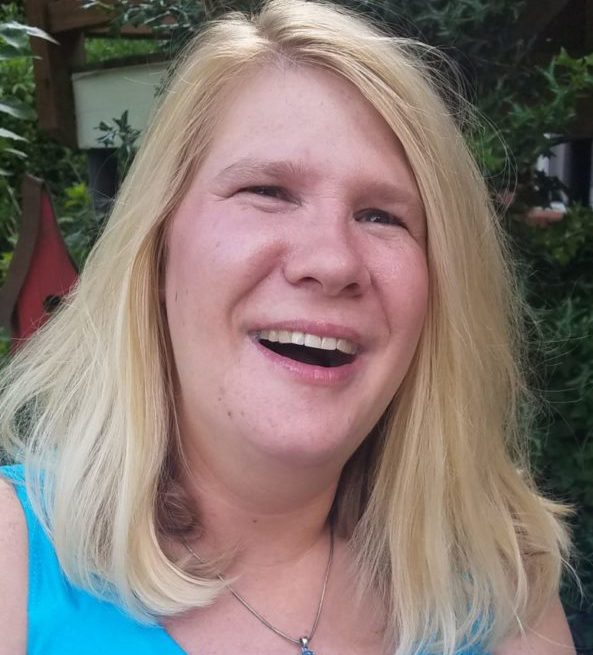
I’m Kylie Moore, from Roswell, Georgia, living with Cerebral Palsy. I’ve dedicated my career to advocating for the disability community, creating self-advocacy programs, and serving on boards. I founded the Ambassador Program at AADD, received the Tom Miller National Advocacy Award in 2020, and now advise Arts InCommunity. When not teaching, I can be found watching the Georgia Bulldogs or my beloved New England Patriots play football or participating in wheelchair sports.

